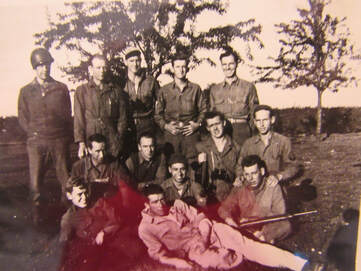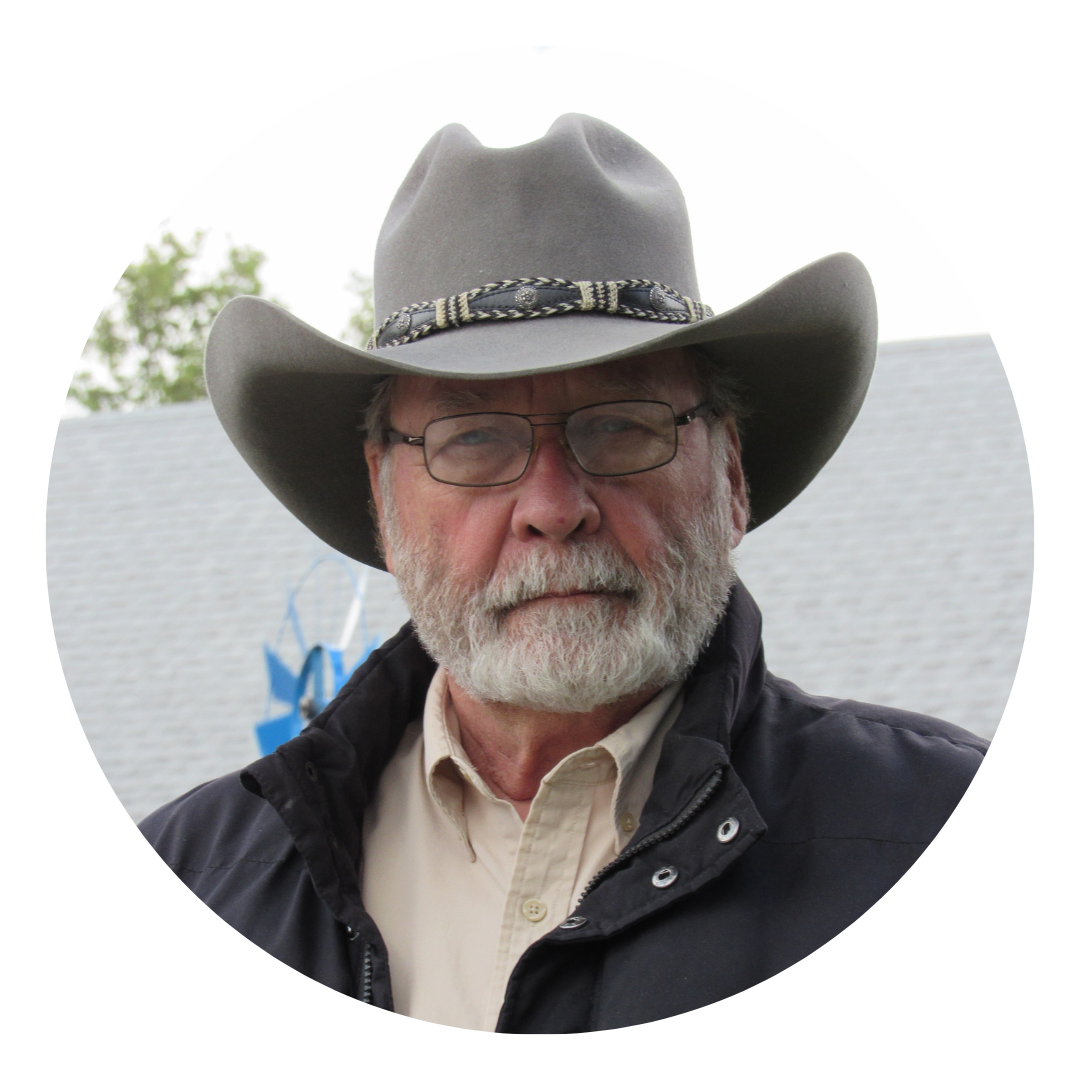 Wandering through the books on Amazon.com, I came across a history series whose titles began “The Things Our Fathers Saw,” written by Matthew Rozell, a high school history teacher, now retired. Each book in the series relates interviews with WWII veterans from across the different parts of the military. The first book concerns the war in the Pacific, the next two are about the Air War, the fourth is about the WWII generation, and the fifth addresses WWII in the European theater from D-Day up to the Battle of the Bulge. For those of you who have read my historical fiction book, Teddy’s War, or have read the first two chapters of it on my website, the story is centered around the experiences of a young man going through three years in the European Theater during World War Two, with a healthy context of his life before and after. I begin and end the book with a question of my own: why didn’t my dad talk about what he did in World War II and why didn’t I ask him? He never said a thing. He had some souvenirs, pictures, European coins and currency, and some other stuff, but he never told me or my brothers what he did, where he went, who his buddies were, or described any of his memories during the war. I’ve only discovered pieces in the last couple of decades: he trained in England for a year, landed on Omaha Beach, and was at Bastogne when the Bulge started. He served under both Bradley and Patton. I believe that if he would have said anything, he would have had a lot to tell. My dad’s silence is pretty much standard for parents of other post-war children like me. Of my friends I’ve asked, none of their parents talked about what they did during the war, whether they were in combat or not, where they were, what they saw, or what kind of experiences they had. I wish I had a couple of hours, or days, to talk with my dad about the war; there are things I passionately want to know. The book by Matthew Rozell filled in a lot of what might have come out of that conversation. He was a history teacher in Glens Falls, New York when on the occasion of the opening of the United States Holocaust Memorial Museum, he asked his students to interview family members about their involvement in the war. The students were so interested and enthusiastic about what they found that, on the 50th Anniversary of the end of the war, he expanded the assignment to include people in the community. His students became collectors of stories, and, thirty years later, now internationally known for working with veterans and survivors of the Holocaust, Rozell is currently working on book number six of a ten-book series about what veterans would say if someone asked them to describe what they saw. In the book that starts with D-Day, he interviews a master mechanic, a paratrooper, a glider pilot, a cryptographer, a combat engineer, a demolition engineer, a tank driver who unloaded his tank on Omaha Beach on D-Day, a Military Policeman, an artillery sergeant, a Navy Signalman, and others. The interviews cover the veteran’s pre-war story, then follows each one through the end of the war and sometimes beyond. He transcribes the actual words of those interviews, surrounds the interview with context, and makes each a compelling story. The stories present incident-by-incident actions – detailed, gritty, violent, confusing – of what the war was like on a daily basis for the veterans and how those days stretched into years of fighting the German Army in Europe. He also captures how they felt at the time and how it still affects them. It’s the stuff of good men doing hero work, though they typically don’t like being called heroes. It’s usually heart-wrenching but the authenticity of the experience is unquestioned. I wish that Matthew Rozell had interviewed an SC-584 Signal Aircraft Warning radar operator, which is what my dad was, but he didn’t. It leaves me still wishing for my own conversation with my dad, but the book gives me some collective information to reconstruct part of what I might hear. I’d give a set of Rozell’s books to every high school history class in America if I could. How can we expect the coming generations to “never forget” if they don’t know what we’re talking about in the first place? Matthew Rozell’s website is teachinghistorymatters.com.
0 Comments
Leave a Reply. |
AuthorDon Willerton has been a reader all his life and yearns to write words like the authors he has read. He's working hard at it and invites others to share their experiences. |

 RSS Feed
RSS Feed